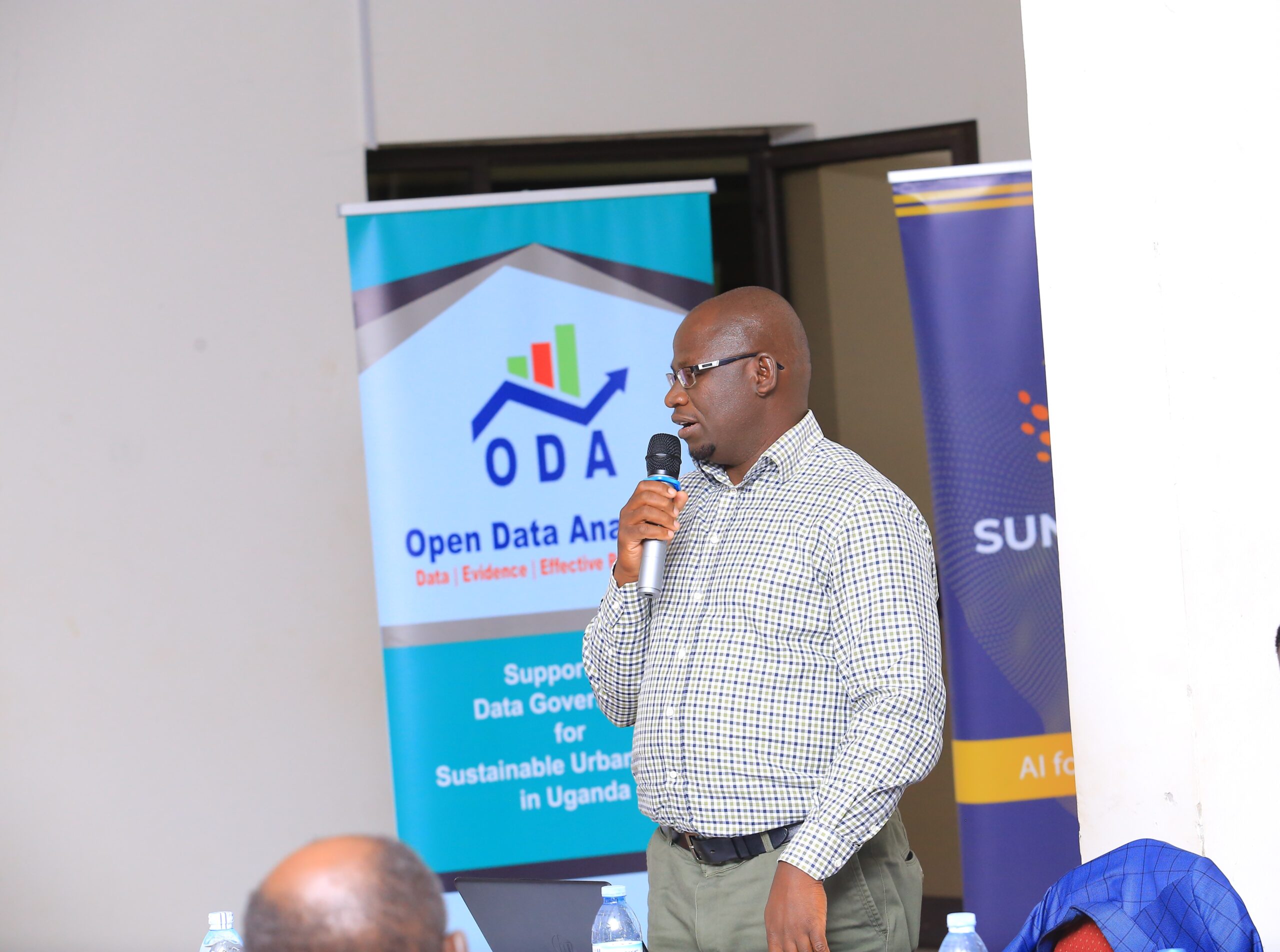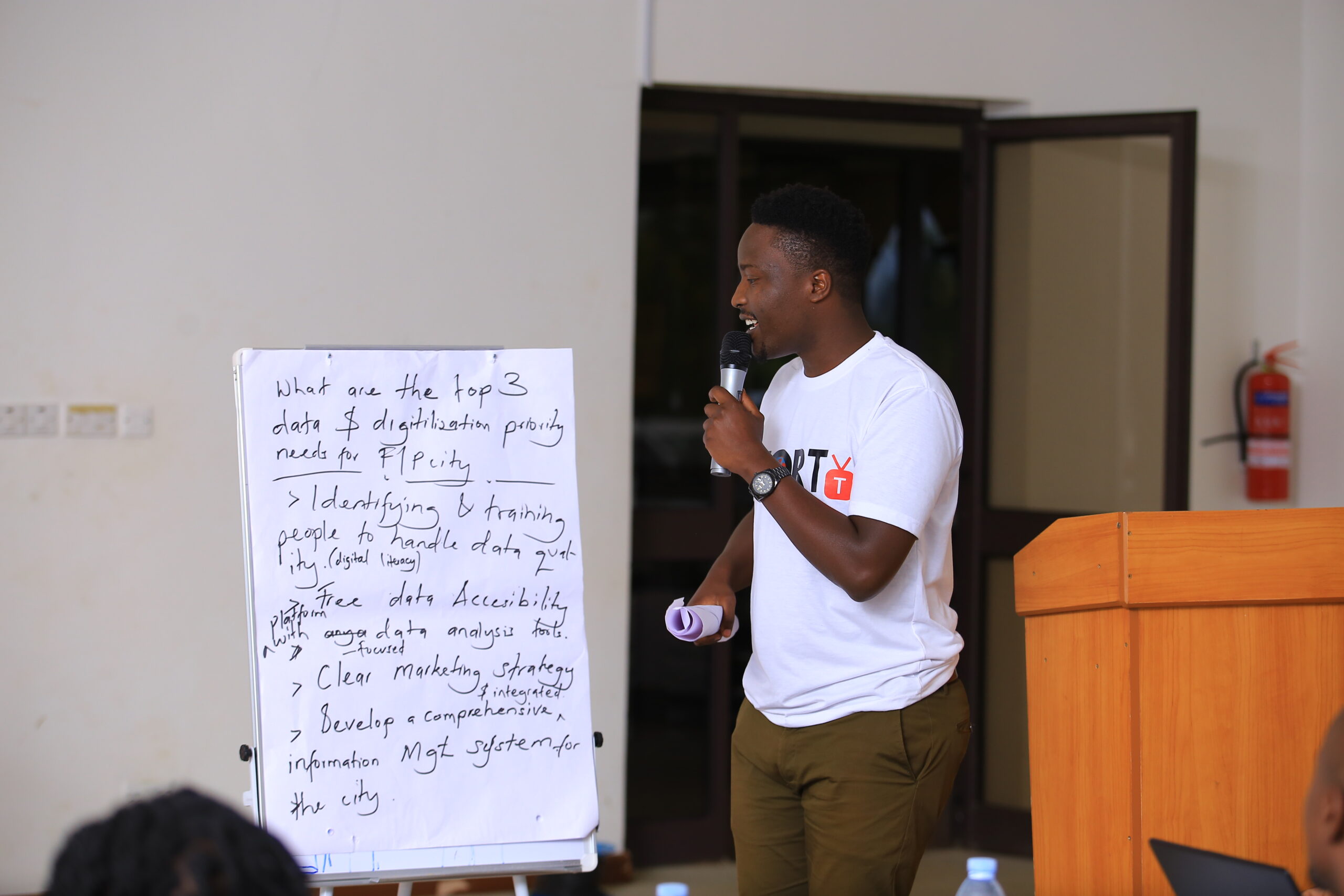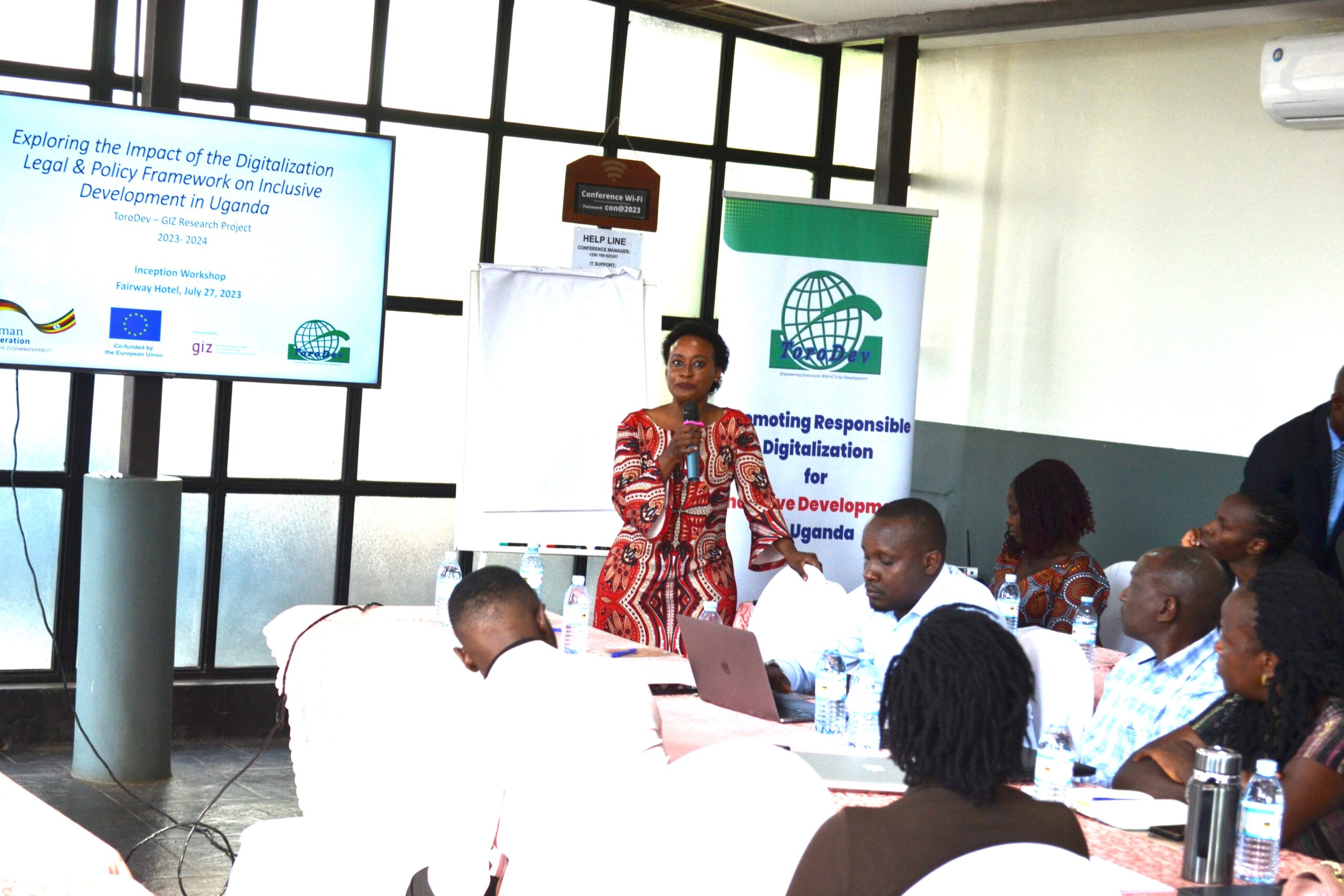Uganda’s urban landscape is evolving rapidly, with ten new cities emerging as socio-economic development potential and ambition hubs since 2020. Yet, the path forward hinges on a crucial factor: robust urban data governance. This isn’t merely a technicality; it’s the backbone of sustainable and inclusive smart city modelling in Uganda. However, these cities face a tough reality of limited digital infrastructure, constrained budgets, and a lack of localised awareness among stakeholders, all of which stand in the way of effective data use.
For these cities to thrive, they need not just access to data but the means to harness, govern, and apply it for growth and resilience as efficient, liveable cities of the future.
The Struggle for a Cohesive Urban Data Governance Framework
While Uganda’s national policies lay the groundwork for urban data governance and management, there’s a noticeable gap between these frameworks and the specific needs of its urban centres. For instance, the Uganda Bureau of Statistics (UBOS) Act of 1998 is comprehensive at the national level but falls short when applied to the dynamic demands of urban settings. With increasing digitalisation, Uganda’s cities require policies that reflect their contexts in terms of data and AI governance.
Funding is a critical barrier. Urban centres, including the new cities, operate on limited budgets, often relying on national government allocations geared more towards administrative functions than dedicated city data management, among other crucial development needs. Without dedicated funds, many cities cannot fully implement their city strategic plans for statistics and data management, which outline necessary objectives for data governance. To address this, cities must be open to partnerships with civil society organisations (CSOs) and other non-state actors to secure additional resources and funding.
Overcoming Fragmented Data Generation and Management Systems
Uganda’s cities face the challenge of fragmented data systems, which restrict data flow and hinder the potential for a unified, coordinated approach. Various government departments and agencies each maintain isolated data systems, resulting in disconnected data silos. Without a streamlined data landscape and/or ecosystem, new cities will lose the ability to make decisions based on comprehensive, unified data sources.
On top of this, the digital infrastructure remains limited. Although Uganda’s national internet backbone is designed to support connectivity, adoption at the city level is patchy due to resource and budget constraints. Essential data collection tools, such as GPS devices, sensors, smartphones, and stable internet, are often underutilised, limiting the precision and efficiency of data collection.
Building Capacity and Awareness Among City Stakeholders
Perhaps one less visible yet pervasive challenge is the lack of expertise and awareness around urban data governance. The private sector’s demand for data science professionals intensifies competition, making it difficult for cities to attract and retain skilled personnel. Meanwhile, those already working in city roles often lack the specialised training necessary for sophisticated data management, leaving cities under-resourced in this critical area. Public understanding of data sharing responsibility for city planning and development, data rights, and privacy is another crucial gap. The SDGs, Uganda Vision 2040, NDP III, and the Data Protection and Privacy Act (2019) all provide a solid foundation for missed data use opportunities for development and data rights to guarantee privacy and mitigate societal harms. However, awareness among both city government officials and residents remains low. Consequently, residents may be hesitant to share their data—an understandable reaction given the lack of public education on privacy protections. Closing this gap is essential to foster both trust and cooperation between citizens and city officials.
Seizing Opportunities to Strengthen Urban Data Governance
While the above challenges are significant, Uganda’s new cities have a wealth of opportunities to strengthen their data governance. Implementing the following strategies could establish a firm foundation for effective data use and management:
- Establish a National Urban Data Governance Technical Working Group: This would enable consistent inter-agency collaboration, set standardised practices, and ensure that data governance efforts are well-coordinated across the urban landscape.
- Create City-Level Data Governance Steering Committees: Composed of technical, political, and community representatives, these committees could oversee city-level data initiatives, ensuring that data governance aligns with local needs and priorities. The DataCities Consortium (ToroDev-ODA, Sunbird AI, and UN Global Pulse) have already supported the creation of such committees in Jinja and Fort Portal Cities.
- Prioritise Capacity Building and Professional Development: Investing in training programs in data science, statistics, and data management would empower city staff with the skills necessary for effective data governance. The DataCities is already exploring this with AIMS-Kigali and other data governance institutions locally and beyond to bridge this gap
- Strengthen Public-Private Partnerships: By collaborating with the private sector, cities can access technology, expertise, and funding, which are often beyond the reach of public budgets.
- Promote Public Awareness Initiatives: Educating residents about the benefits of data sharing, their rights under data protection laws, and the safeguards in place can build trust and encourage greater data participation.
For Uganda’s new cities, effective urban data governance is not a luxury but a necessity. By addressing these challenges, cities can leverage data as a tool for intelligent urban planning, efficient service delivery, and sustainable development. Structured data governance frameworks, investments in local capacity, and an informed, engaged citizenry can set Uganda’s cities on a course toward smarter, data-driven management—an approach that prioritises both growth and quality of life for all residents.









